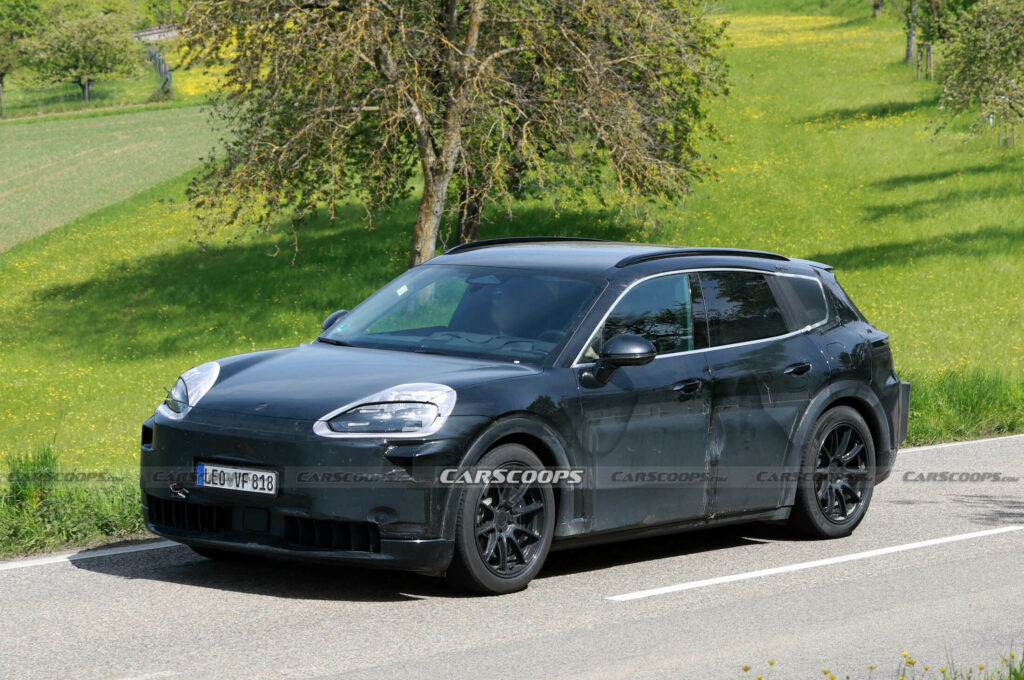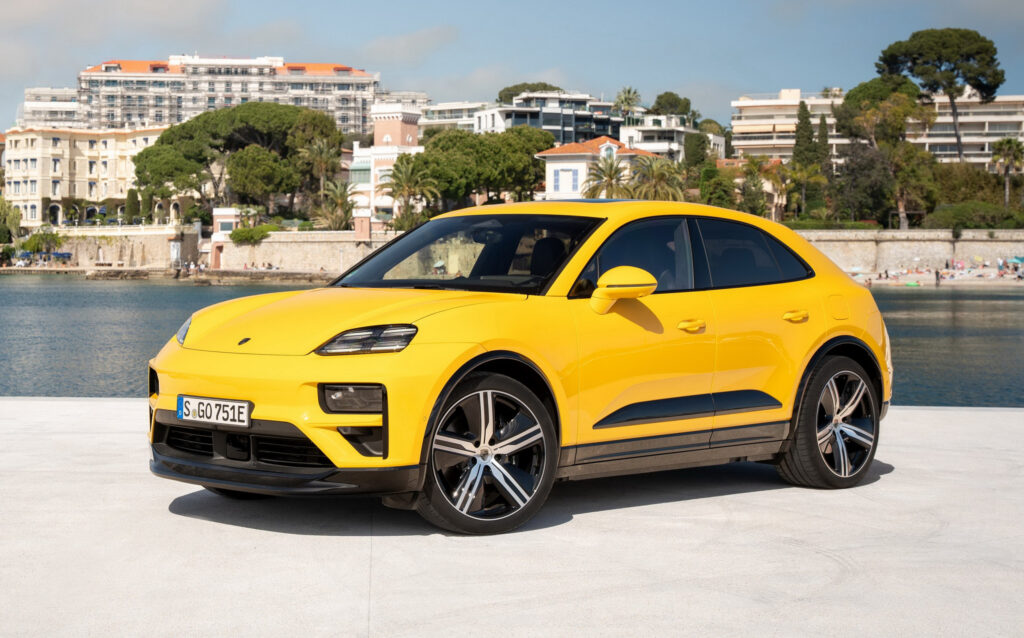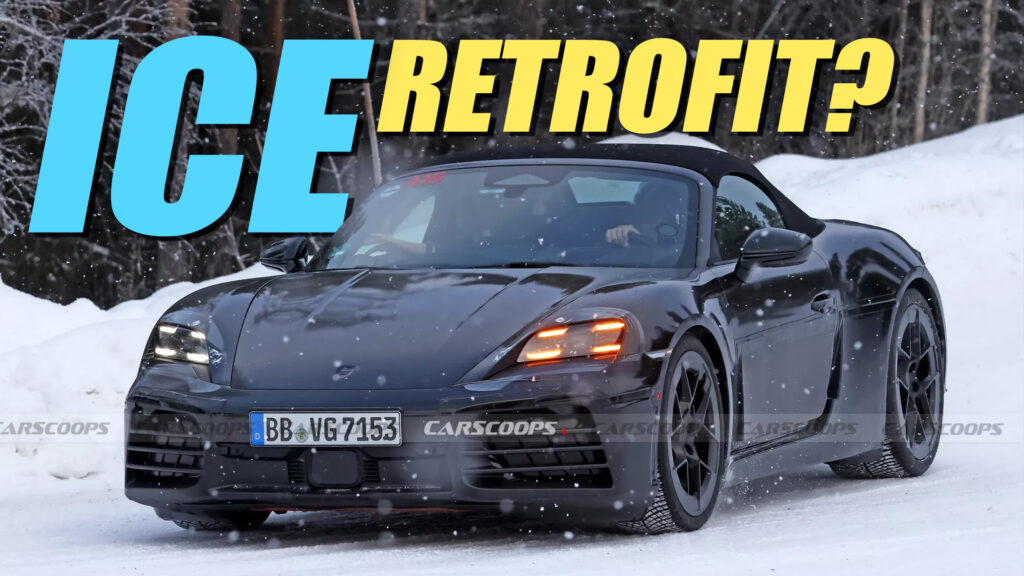- Porsche is adjusting its EV strategy in response to sluggish Taycan sales and rising demand for combustion and hybrid options.
- The automaker is looking into incorporating more ICE and hybrid options into lineups that were developed as EV-only.
- New 718 models and the Macan SUV were conceived as EVs, and it may be too late to easily adapt them to combustion power.
Porsche is making some radical changes to its electrification strategy in response to slumping Taycan sales and a stubborn loyalty among customers to good old combustion-powered machines. For a brand that up until now seemed all-in on electric, the pivot speaks volumes about Porsche’s read on its buyers’ preferences—and their reluctance to abandon traditional powertrains.
The automaker, which has publicly come out against Europe’s proposed 2035 ban on combustion engines, is now investigating how it might re-engineer future cars that were designed as EVs to accept hybrid powerplants. But that’s going to take a herculean effort and ton of cash if it’s even possible.
More: Porsche Confirms New 911 Turbo Hybrid Coming Next Year
The next-generation 718 Boxster and Cayman sports cars are fully electric, fully signed off and will be launched in the coming months. It’s possible Porsche could reverse-engineer them to accept combustion engines, as Fiat has been forced to do with the 500e. However, even if they greenlighted the idea, it would be years before a retrofitted model hit the road, assuming it’s financially worthwhile at all.
Another vehicle that Porsche conceived as an EV, but which must be under consideration for a combustion rethink is the flagship K1 SUV due in 2028. The timeframe and likely dimensions of the three-row K1 suggest it has a better chance of being adapted to hybrid power.

Customer Demand Drives Strategy Shift
“A lot of customers in the premium and luxury segment are looking in the direction of combustion-engined cars, there’s a clear trend,” Porsche CFO Lutz Meschke said in a conference call before going on to explain how the brand is reacting to that news.
“We will refresh our combustion engine cars, including the Panamera and the Cayenne, and of course, we will continue to rely on plug-in hybrids” Meschke added.
Flexible Production for a Mixed Lineup
“As for our electrified lineup, we are very flexible when it comes to our production footprint. We can produce combustion engine, plug-in hybrids and electrified cars in one production line in Leipzig,” Meschke continued. “When it comes to research and development, you’ll see more flexibility in the upcoming years. We will develop new combustion-engined derivatives [of our EVs] in order to give the right answer to customer demand.”
Related: Porsche Taycan Sales Are A Disaster, But Cayenne Saves The Day
Porsche had at one time planned for 80 percent of its lineup to be EVs by the end of the decade. The remaining 20 percent would be accounted for by the 911, which has gained its first hybrid model, but was always going to stay away from fully-electric power until well into the 2030s. Porsche enjoyed early success with the Taycan and engineered an electric Macan and the upcoming 718 EVs, with visions of those models taking over from the older ICE equivalent after being offered in tandem during a handover period.
Sales Drop Challenges Porsche’s EV Push
But Taycan sales have tanked this year despite the introduction of a facelifted model, particularly in the once-lucrative Chinese market, while combustion 718 sales have rallied as buyers get them while they can. Porsche’s operating profit dropped 26.7 percent to €5.5 billion ($5.95 bn) in the first three quarters of 2024 versus Jan-Sep 2023.





